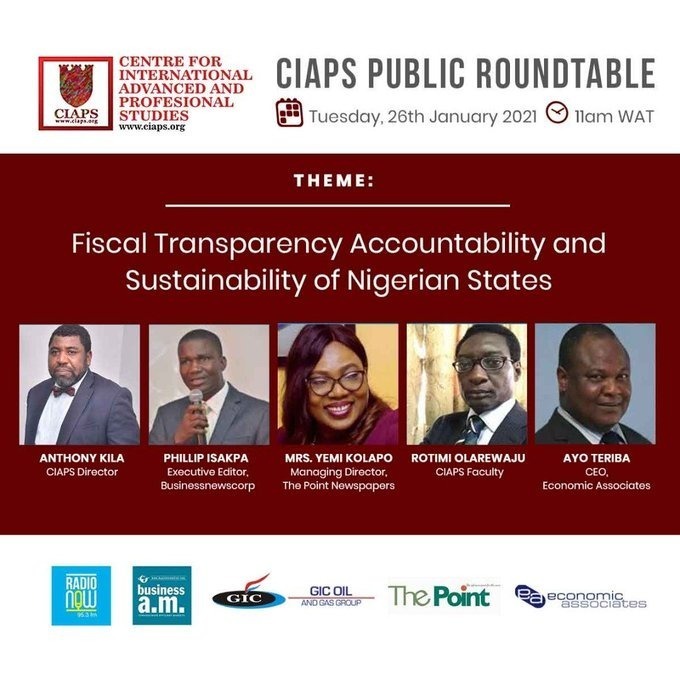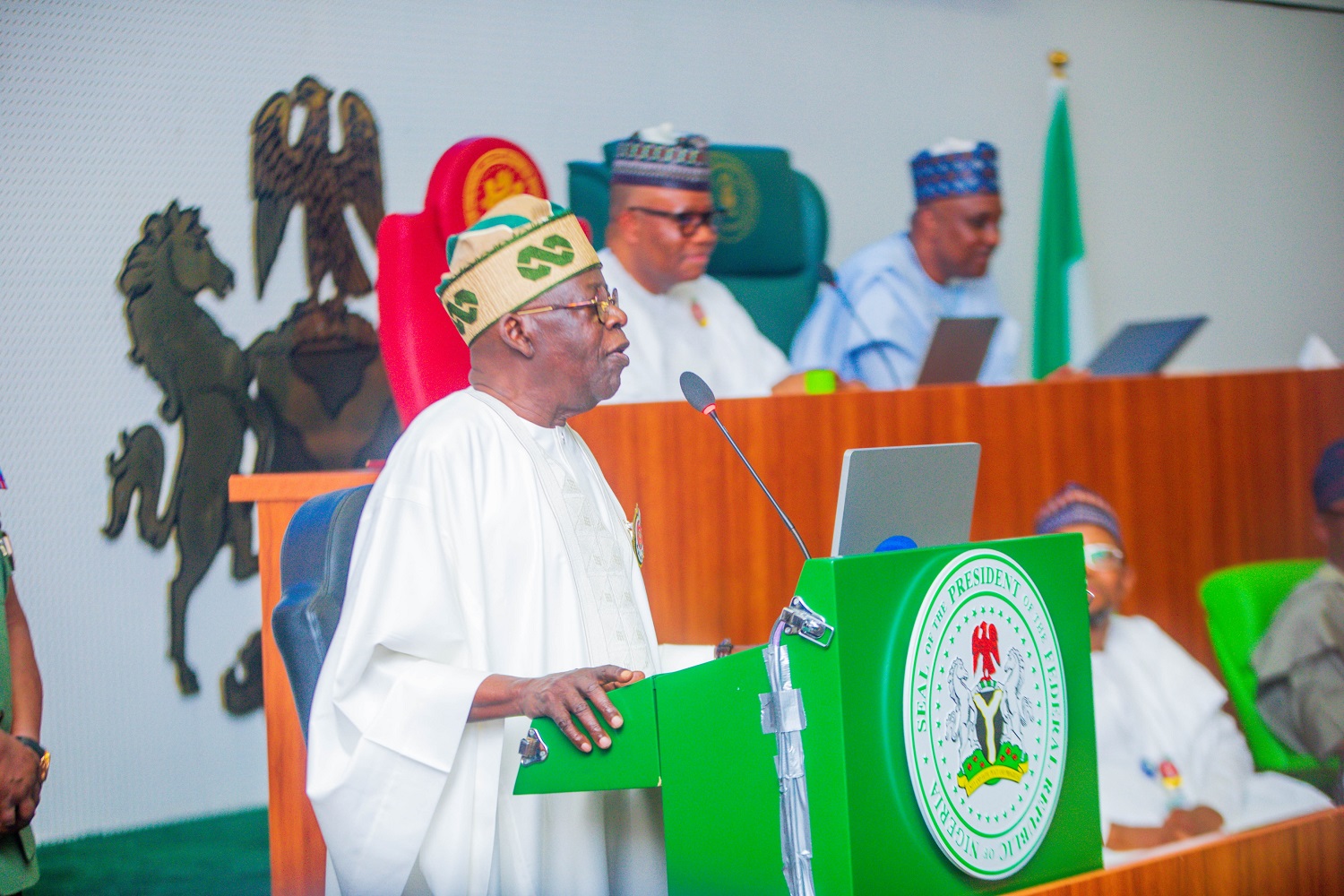President Bola Tinubu has declared that his fuel subsidy removal policy is yielding the desired results, pointing out that prices are gradually declining.
The President also asserted that investors are increasingly showing interest in the Nigerian economy, a development he attributed to the removal of fuel subsidies, a policy introduced on 29th May 2023.
Tinubu made these remarks on Monday while inaugurating the National Youth Council at the Presidential Villa, Abuja.
Addressing the youths, Tinubu emphasised that while politicians will always be politicians, true leadership is about fostering development that benefits future generations.
He urged Nigerian youths to take advantage of the opportunities being created by the government, particularly in the ICT sector, to contribute to national development.
Tinubu said: “I have listened to you. Today is not for long speeches. I just want to reassure you that you are the hope of this country. Everything rests on your shoulders. Every decision I have taken is about you and the future.
“When we removed the fuel subsidy, we were securing a future for generations yet unborn. Where is the investment? Where is the infrastructure? When you hear many professionals say they want to ‘JAPA’, it is because prosperity is not widespread at home. If we create opportunities and empower our people, they will have no reason to leave.
“This is your country to develop, build, and prosper in. The government is fully committed to you. Take this seriously. You can criticise politicians all you want, but ultimately, politics is about development and securing a future for the next generation.
“At the beginning, it seemed uncertain, difficult, and even hopeless. It felt like drawing water from a dry well. But today, the economy is turning a corner. Prices are falling, confidence in our economy is improving, and investors are showing interest. Technology is advancing, and you have opportunities before you.”
The President reminded the youths that they have a crucial role in advancing the nation’s development.
“It is all in your hands. My role is to help navigate, push, and implement key programmes to clear the path for you. But it is up to you to seize the moment. Look me in the eye and tell me what you think—whether it is right or wrong—and offer suggestions. We will consider them as long as they contribute to the prosperity of this country.
“I assure you that we will do everything possible to make Nigeria a better place for you, but we cannot do it alone. You represent over 60 per cent of our population. You are the heartbeat of our nation, and I hope you take this opportunity very seriously,” he said.

 News7 years ago
News7 years ago
 Featured7 years ago
Featured7 years ago
 Boss Picks7 years ago
Boss Picks7 years ago
 Headline7 years ago
Headline7 years ago
 Headline6 years ago
Headline6 years ago
 Headline6 years ago
Headline6 years ago
 Headline7 years ago
Headline7 years ago
 Headline7 years ago
Headline7 years ago















